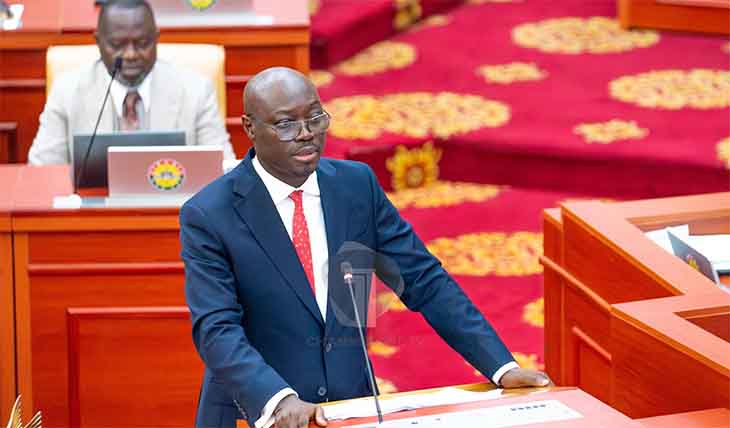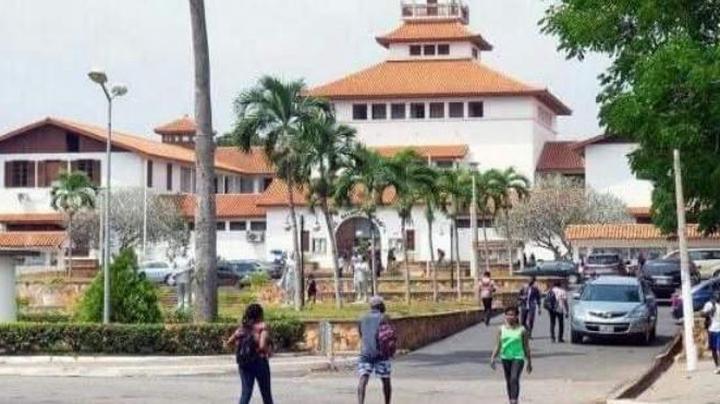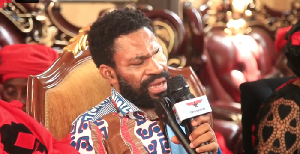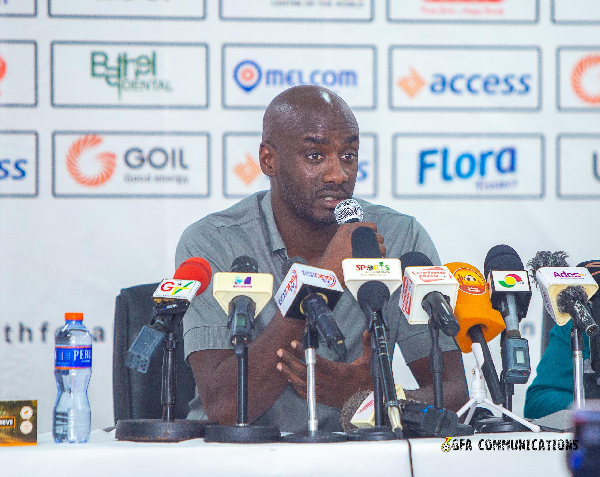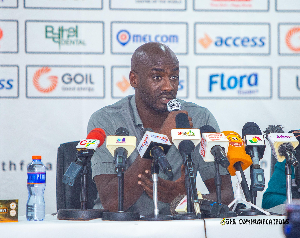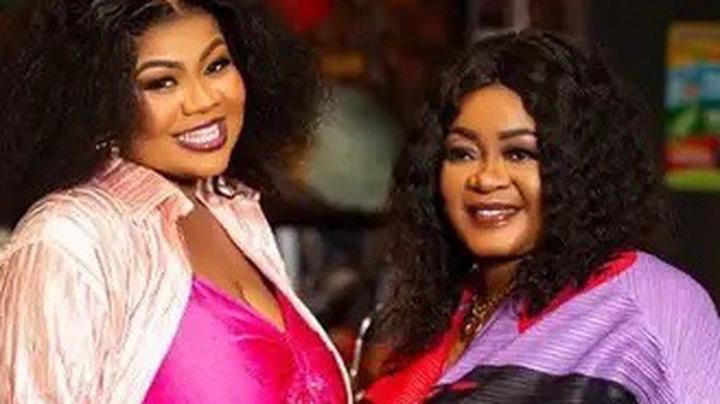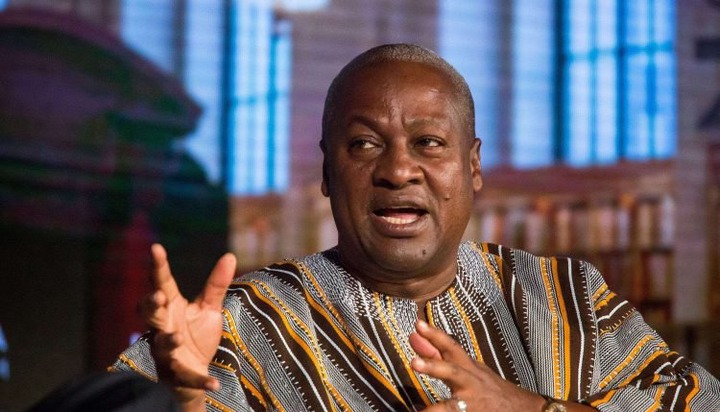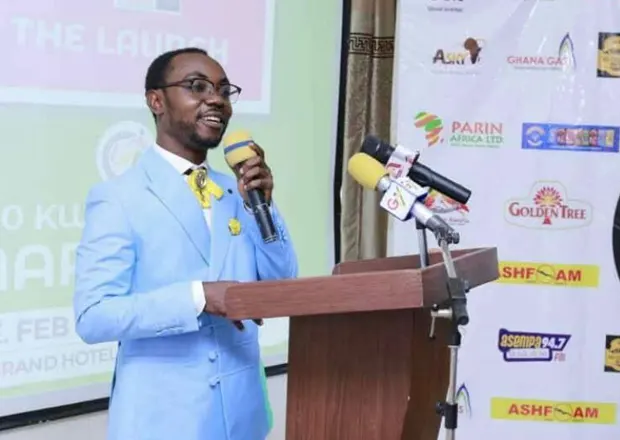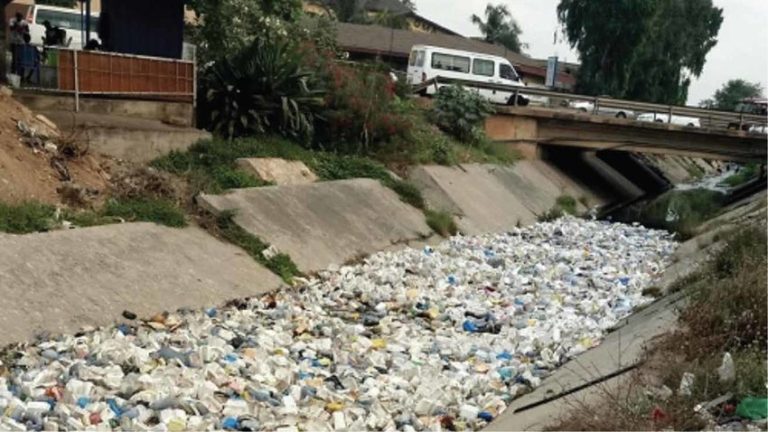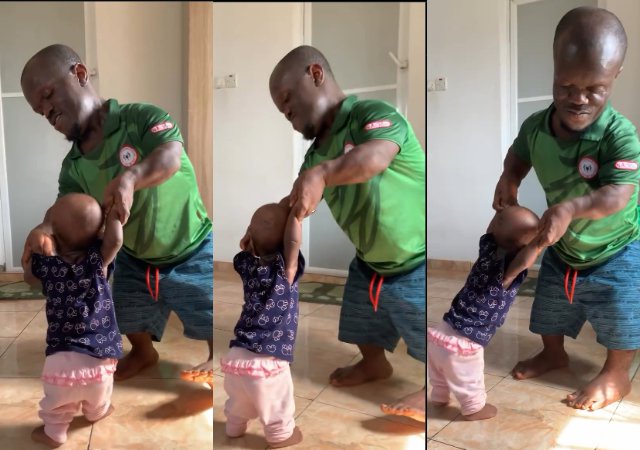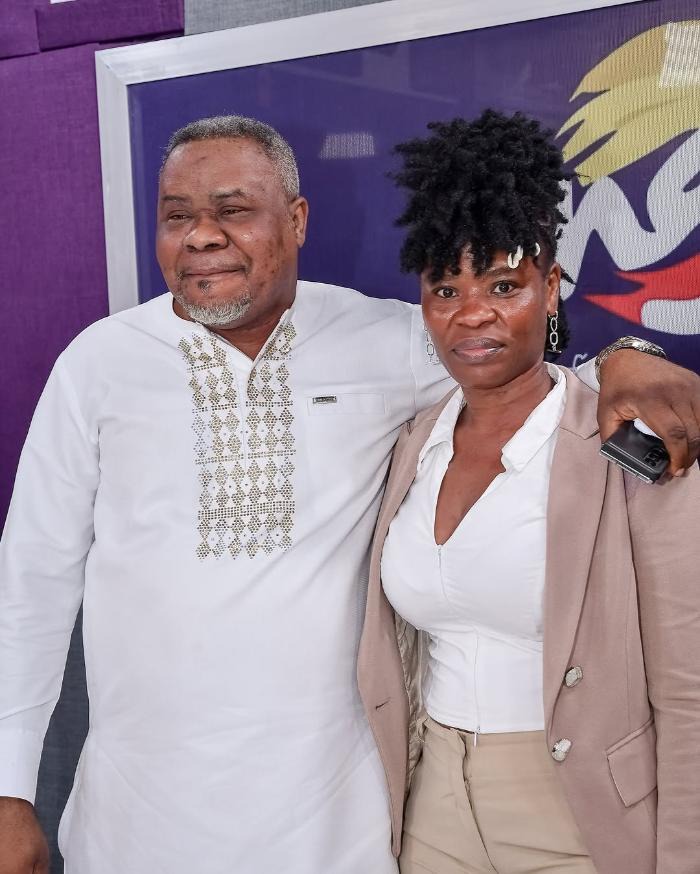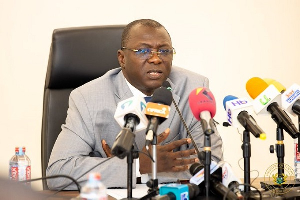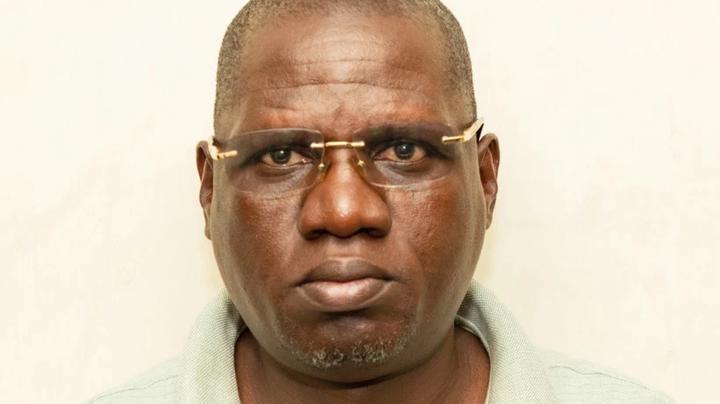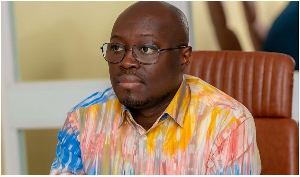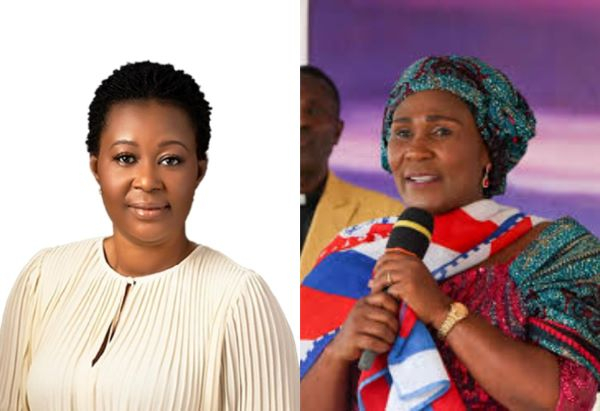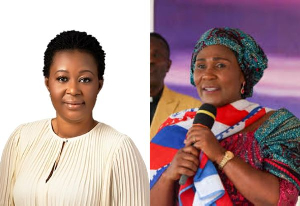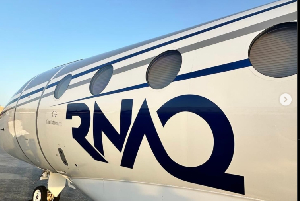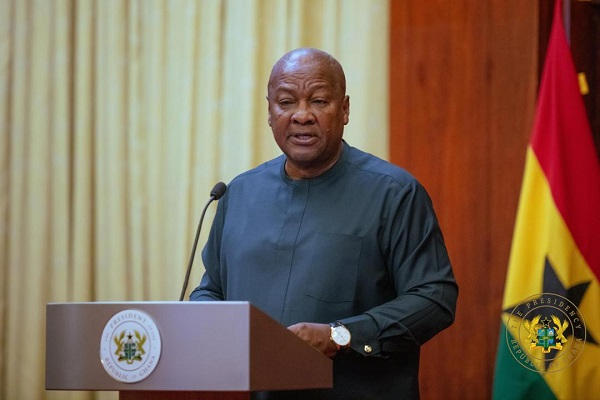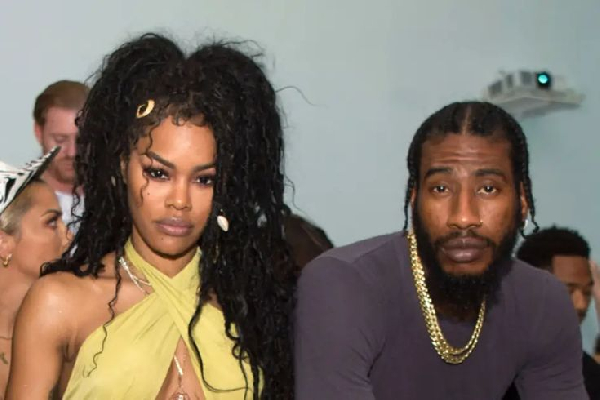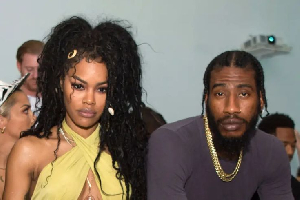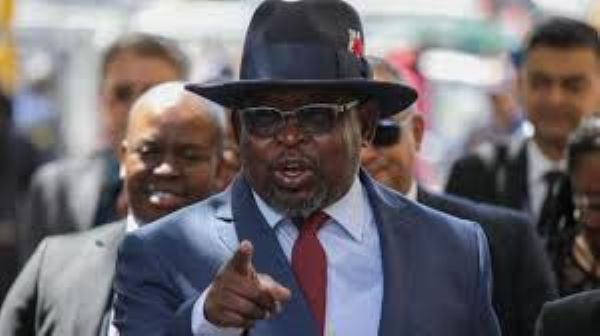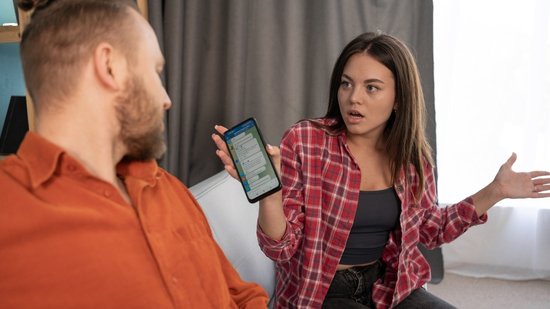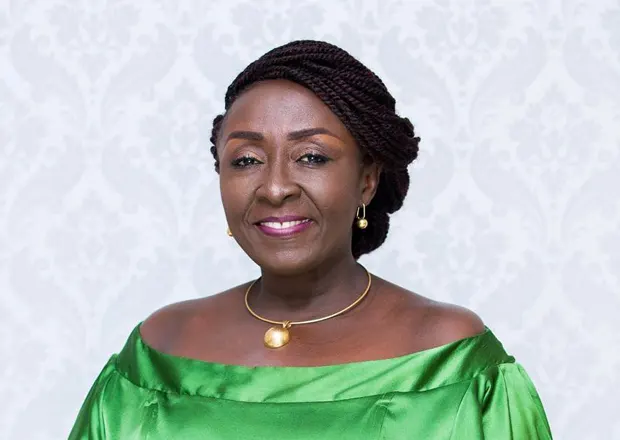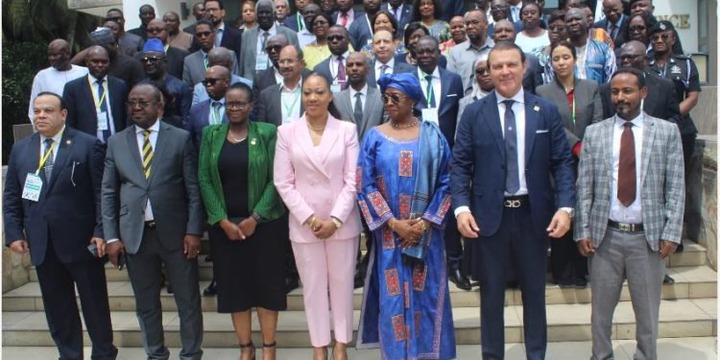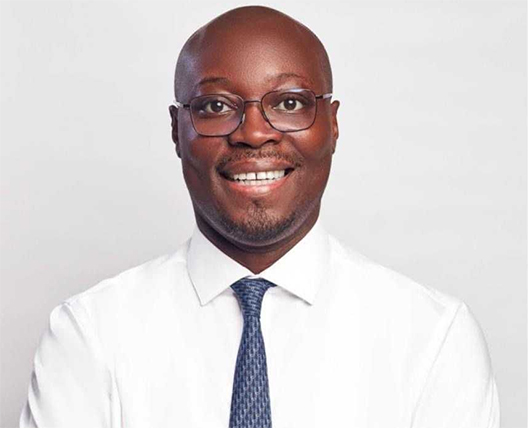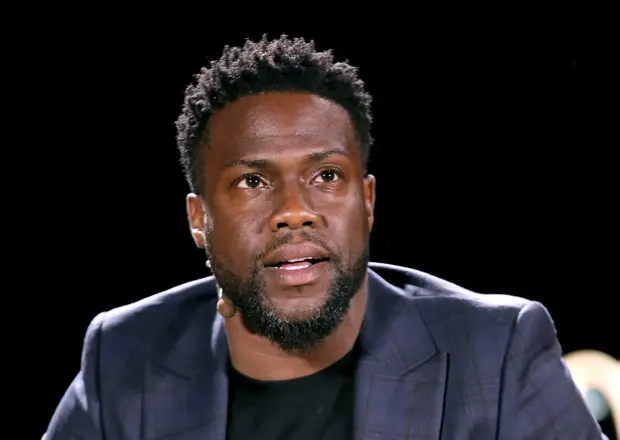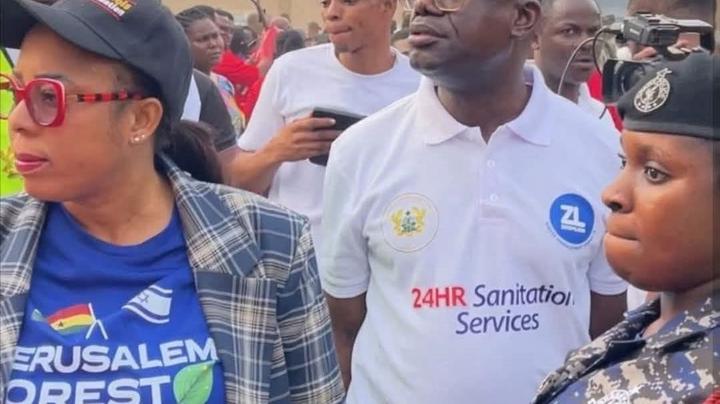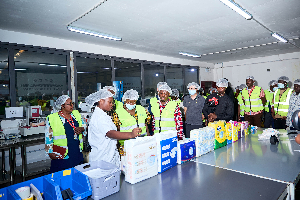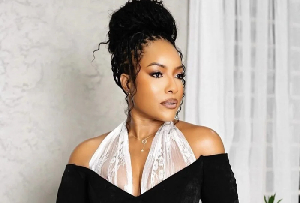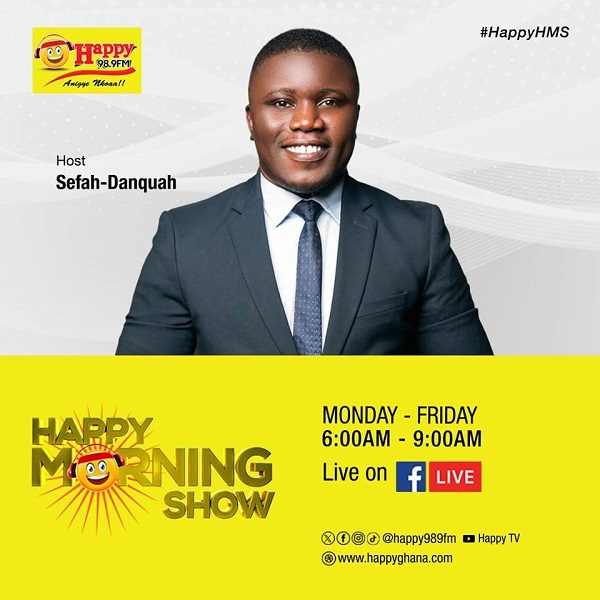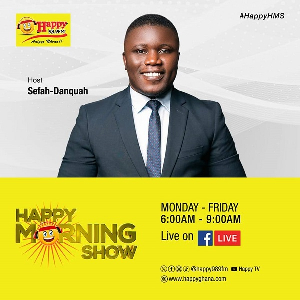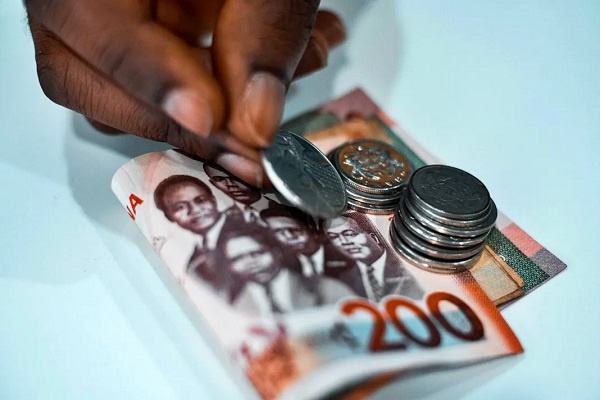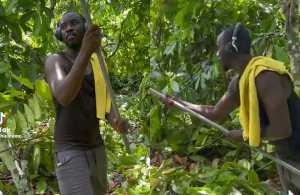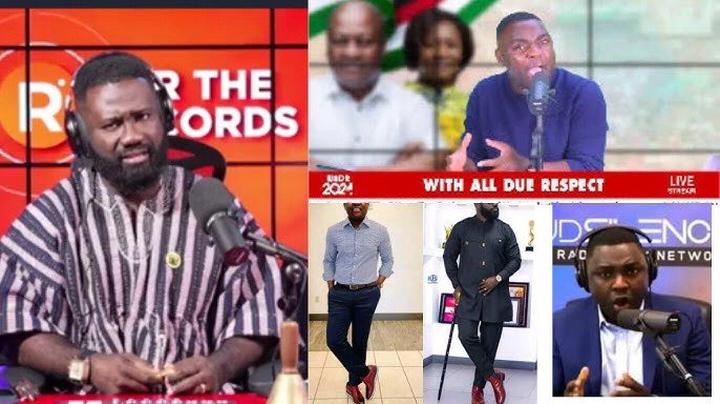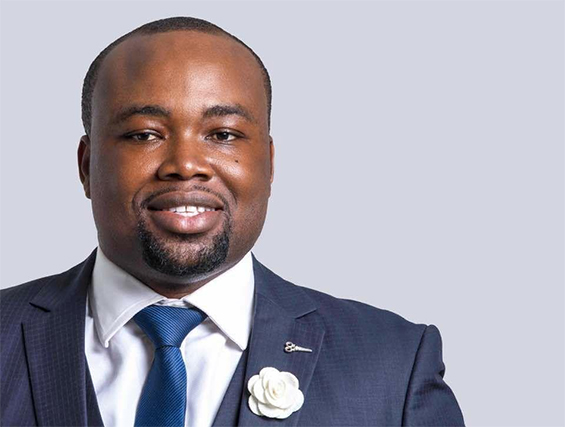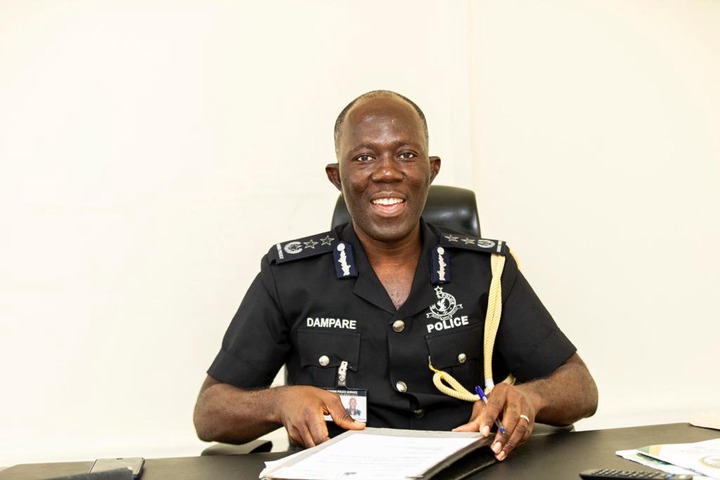In parts of the Democratic Republic of the Congo (DRC), communities are gearing up for war or fleeing to safety amid the advance of M23 rebels, who captured the key eastern cities of Goma and Bukavu in recent weeks, leaving devastation in their wake.
The rebel group, which the United Nations says is backed by neighbouring Rwanda, has also closed in on Walikale, a major mining hub, while Kinshasa’s offer of a $5m reward for the capture of M23 leaders has not slowed the group down.
While M23 marches on in North and South Kivu, Ugandan troops have intensified deployments across their border with the DRC in Ituri province, only a few hours from the rebel-held regions. The Ugandan army says it is battling the Allied Democratic Forces (ADF) and the Cooperative for the Development of Congo (CODECO) – two of several dozen armed groups operating in the DRC. A recent flare-up of CODECO attacks on civilians in February saw at least 51 people killed, prompting Uganda to send additional soldiers to boost its 5,000-strong deployment inside the DRC.
For political observers, the growing presence of both Rwandan and Ugandan soldiers in the DRC is an eerie replay of a painful past, one they fear could again lead to a bigger, regional war if not contained.
“We are indeed seeing a replica of the Second Congo War with the same actors but in slightly different configurations,” analyst Paul Nantulya of the Africa Center for Strategic Studies told Al Jazeera, referring to the leading roles both countries played in what’s now referred to as the 1998 “Great Africa War” when Rwandan and Ugandan troops invaded the DRC.
Several African countries also followed suit, backing either the DRC or the Rwandan-led side, as well as dozens of local militias on either end. The result was a humanitarian crisis that saw an estimated five million deaths; the DRC looted of mineral resources like gold; and the emergence of dozens of armed groups, including the M23.
Several African countries also followed suit, backing either the DRC or the Rwandan-led side, as well as dozens of local militias on either end. The result was a humanitarian crisis that saw an estimated five million deaths; the DRC looted of mineral resources like gold; and the emergence of dozens of armed groups, including the M23.
At the time, thousands across the globe protested against the atrocities in the DRC, calling for an end to the looting and killings. Today, illegal mining and smuggling from the DRC’s mines – which provide 70 percent of the global supply of coltan and cobalt that powers electronics – have largely continued, as have deaths and displacements due to armed group activity.
“Appetite for political negotiations is low and international pressure and coercive measures have not had the deterrent effect they once had in previous bouts of crisis,” Nantulya added, referencing the European Union’s suspension of military aid support to Rwanda, and United States sanctions on key Rwandan army officials.
The DRC has been in the throes of low-level violent conflict for more than three decades. In that time, more than six million people have been killed, and millions more displaced.
A complex mix of issues is to blame, among them: grievances by Kigali that the DRC harbours anti-Rwanda rebels who fled after the Hutu genocide against the Tutsis in 1994; ethnic tensions between Congolese Tutsis and their neighbours; a grab for mineral resources in insecure eastern DRC; and corruption in the Congolese government.
Rwanda’s invasion of the DRC prompted both the First and Second Congo Wars (1996-1997 and 1998-2003), as Kigali claimed to be pursuing Hutu genocidaires who had fled across the border. After President Paul Kagame’s army took power in Rwanda in 1994, the fleeing Hutu groups amassed in refugee camps in the DRC where they launched renewed attacks on Tutsis.
Uganda, where Kagame and his troops trained for years before taking power in Kigali, joined Rwanda’s side in the DRC. Both countries then backed a Congolese rebel group, led by Laurent Kabila, to unseat the dictator, President Mobutu Sese Seko. Mobutu, at the time, had many regional enemies. Several countries backed Kabila by sending troops or weapons, including Angola, Burundi, Ethiopia, Eritrea and South Africa.
However, when Kabila, upon gaining power in 1997, switched sides and ordered Rwandan and Ugandan troops out of the DRC within a day, Kigali grew vengeful. In 1998, Rwanda and Uganda invaded again, sponsoring a Tutsi militia that occupied resource-rich parts of eastern DRC. Kabila managed to rally other African nations to his side, including Namibia, Zimbabwe, Sudan, Chad and Angola, which had now switched sides under a new government. The UN deployed a peacekeeping force, MONUSCO. Kabila also enlisted the help of Hutu militia groups in eastern DRC, deepening ethnic tensions with Congolese Tutsis who are perceived as pro-Rwanda.
The Congo wars ended in 2003, but low-intensity violence persists, leading some experts to say it was never actually over.
Several reports in the aftermath, including from the UN, accused Rwanda and Uganda of targeting Hutu civilians and of looting and smuggling DRC’s coffee, diamonds, timber, coltan and other resources. Relatives of Ugandan President Yoweri Museveni, including his younger brother Salim Saleh and Saleh’s wife, Jovia Akandwanaho, were named as the operators of companies involved in trading illicit items, especially during the second war. Congolese politicians and soldiers were also implicated.
“Natural resource exploitation became increasingly attractive, not only because it enabled these groups to finance their war efforts but also because, for a large number of political/military leaders, it was a source of personal enrichment. Natural resources thus gradually became a driving force behind the war,” one UN report read.
It also accused “foreign buyers willing to handle these goods”, including traders in the DRC and multiple countries. In 2005, Anvil, an Australian-Canadian mining company, was accused of providing logistics to the Congolese army that helped it violently suppress a small uprising in southern DRC.
The International Court of Justice (ICJ) found Kampala guilty of “violating international law” in 2022 and ordered Uganda to pay $325m to the DRC for losses and damages during the wars. Kampala has begun instalment payments and is expected to complete them by 2027. Although the DRC also sued Rwanda, the ICJ could not rule in that case because Rwanda did not recognise its jurisdiction.
In the most recent legal battle in 2023, the DRC again sued Rwanda at the East African Court of Justice in Arusha, Tanzania, arguing that by backing M23 rebels, it violated Kinshasa’s territorial integrity against international law. That case is still ongoing. Rwanda has repeatedly denied supporting M23.
Countries that took part in the Congo wars are once again in the DRC. And again, a Congolese politician is marching on Kinshasa, this time Corneille Nangaa, leader of the rebel Congo River Alliance (AFC). A one-time elections commissioner, Nangaa fell out with Congolese President Felix Tshisekedi and then allied with M23 in December 2023. He now leads the AFC-M23 coalition.
However, Accra-based analyst Kambale Musuvali of the Center for Congo Research, told Al Jazeera that interference from DRC’s closest neighbours never stopped.
“When we say Uganda and Rwanda are in the Congo again, it is from the perspective that they left and they are returning,” Musavuli, who is Congolese, told Al Jazeera. In reality, the two governments had continuously maintained a hold on the situation in the DRC, he said.
Across the continent, it’s fairly clear where most parties stand in this iteration of the conflict: Rwanda’s support for M23 is documented by the UN, which says about 3,000 Rwandan troops are currently supporting the rebels. Burundi, under President Evariste Ndayishimiye – who has frosty relations with Kagame – deployed at least 10,000 troops to support the DRC army. South African troops lead the Southern African Development Community (SADC) Mission in the DRC and have been fighting the M23 alongside Malawian and Tanzanian soldiers since January. Angola and Kenya are leading two separate peace negotiations, while Chad is considering a request from Kinshasa to deploy troops.
Uganda, though, appears to be the wild card. The country was last year implicated by a UN group of experts of providing support to M23 by allowing its territory to be used for launching attacks, and areas the Ugandan army currently occupies in the DRC are so close to M23-held areas that analysts believe there could be some collusion. But Kampala denies any connections with M23.
“Uganda is the big elephant in the room,” analyst Nantulya said. Kampala, he added, is playing an ambiguous balancing act, working to secure a part of the DRC, while committing to not standing in M23’s way on the other hand.
DRC’s resources also remain a focal point in this conflict. So far, M23 has taken over vast expanses of North and South Kivu, which is home to massive gold and coltan deposits. There’s speculation that the DRC’s gold has been funding the armed group, which has surprised analysts with its high-grade weaponry and telecommunications systems. The UN experts group estimates that M23 earns about $800,000 monthly from illegal mineral sales.
Ending the protracted crisis would involve a large-scale effort by African countries to get both sides to negotiate, analysts say, but also to put pressure on the DRC government itself to fix its internal affairs: Tshisekedi suffers a legitimacy crisis as Congolese popularly rejected elections that brought him into a second term. Weaknesses and ingrained corruption in the country’s military may have helped Congolese defences to falter as M23 advanced. And feelings of marginalisation are still heavy in Congolese-Tutsi communities, worsening tensions.
Kinshasa’s recent calls for a national dialogue, in addition to peace talks led by regional parties, are important steps, Musavuli said. So is the recent visit by International Criminal Court prosecutor, Karim Khan, who pledged to prosecute all sides accused of rights violations in the conflict, including indiscriminate killings and sexual abuse of civilians, he added.
“I usually get asked, ‘What about the Rwandan government? What about the Ugandan government?’ But nobody is talking about the [Congolese] people,” Musavuli said.
“We’re saying that the people of the Congo have to be alive so that they can rebuild the country for the benefit of the African continent. That’s why DRC needs a break. Not just for themselves, but for the entire African continent.”
